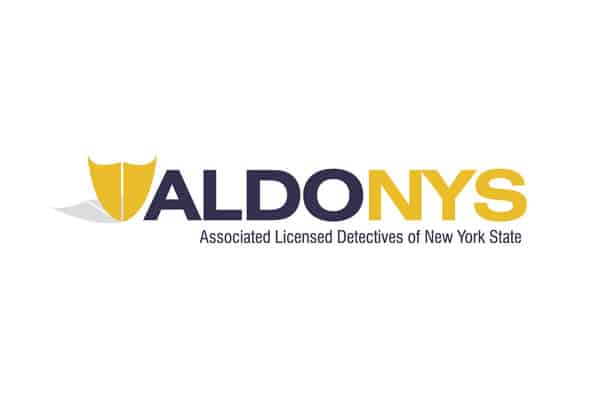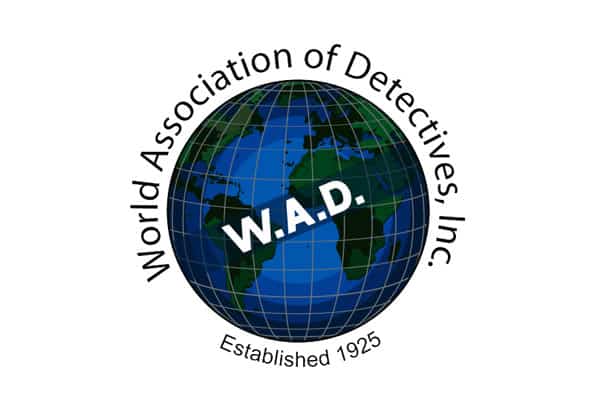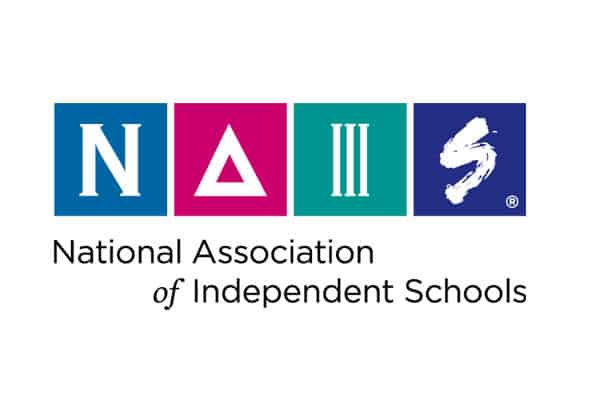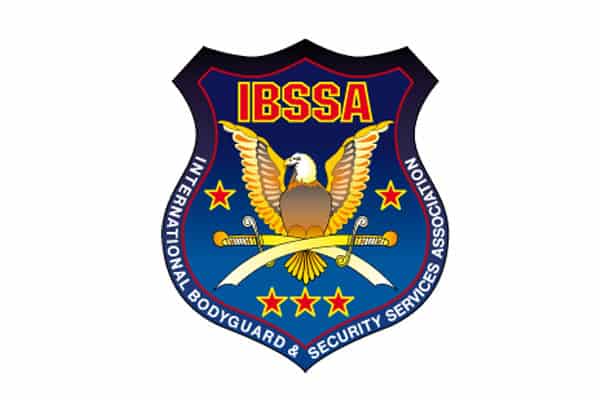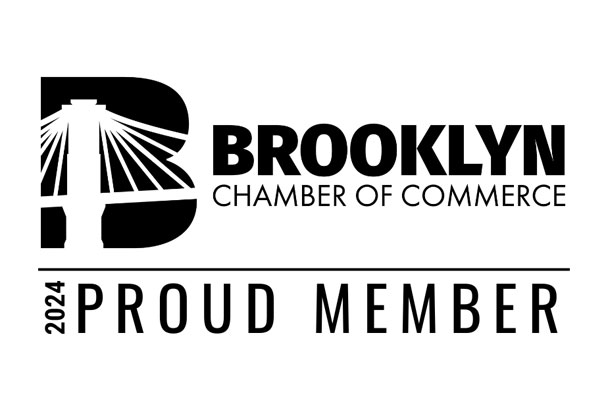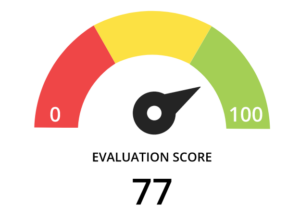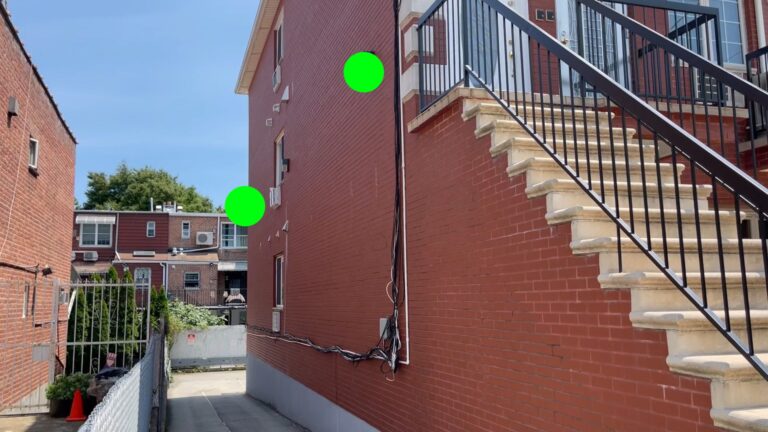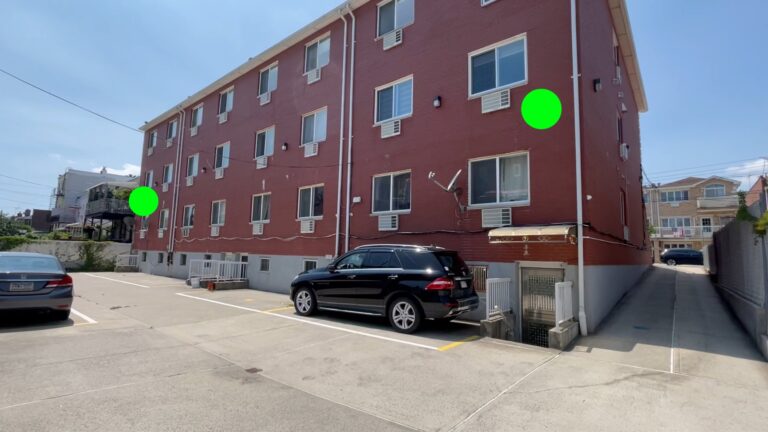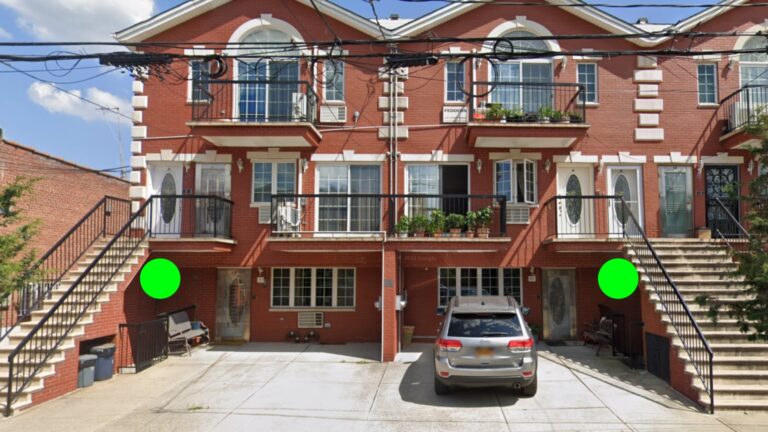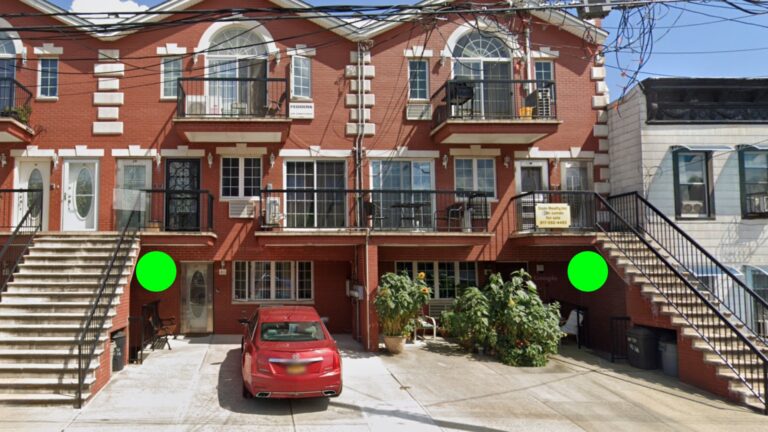Six Things Every Security Guard Candidate Needs to Know
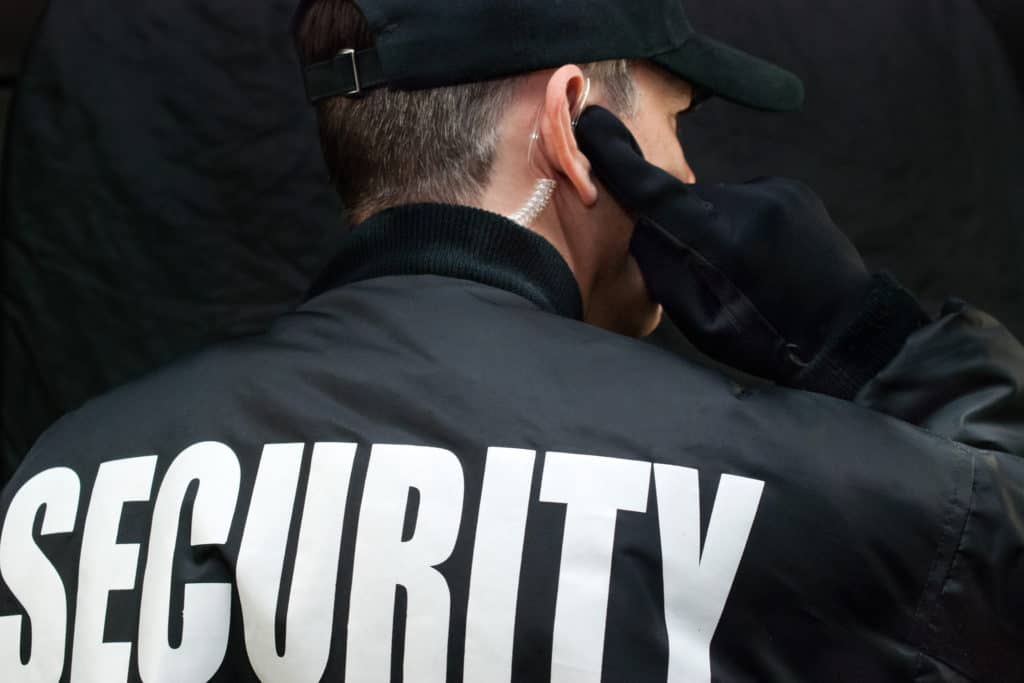
The private security industry is bigger than it’s ever been and growing with each passing year. As a result of that rapid and consistent growth, the industry offers aspiring guard candidates plenty of opportunities for charting a rewarding and successful career. But what can those job candidates expect if they pursue a career dedicated to the protection of life and property? Before you embark on your new career, here are six things that you should know if you want to be a security guard.
Dispelling Six Common Myths About Security Guards
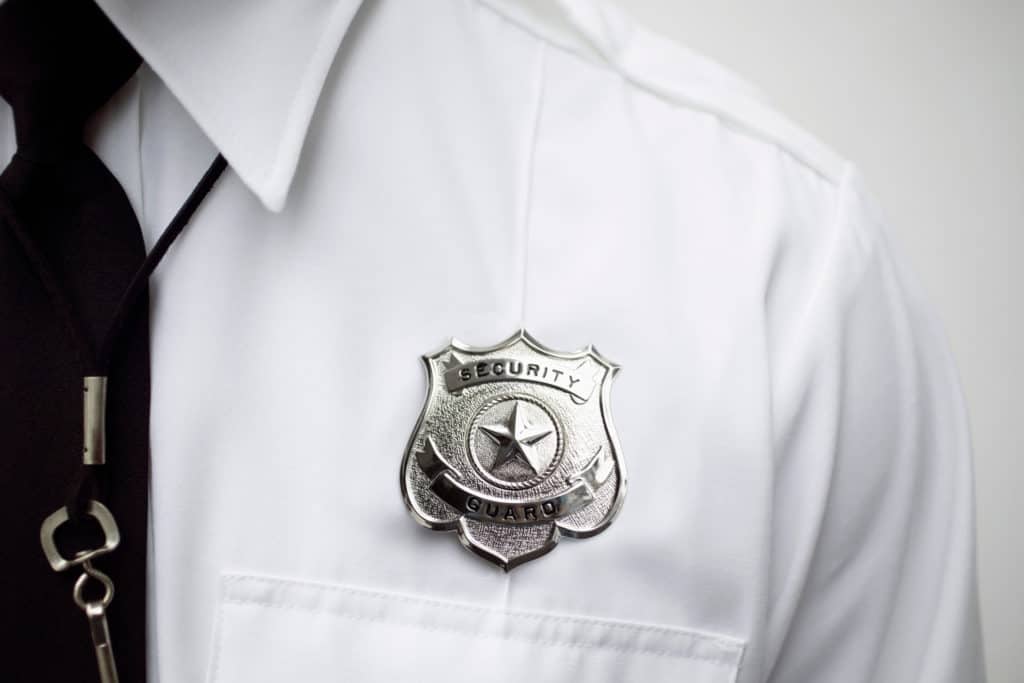
While the security guard industry in New York City is larger than ever before, many of the city’s residents often have misconceptions about the profession. To some, security guards often go unnoticed. Others take note, but often have little understanding about the nature of the job. Many of the most common myths are so pervasive that some would-be security guards often enter the field with uncertain expectations. Whether you’re a resident of the City that Never Sleeps or someone interested in pursuing a career as a security guard, it’s important to dispel these myths to better understand the important role security guards play in our daily lives. Here are six common myths about security guards, and why they’re wrong.
Qualities Every Security Guard Needs for Great Interactions with the Public

When most people think of security guards, they think only of the protection they provide for people and property. Few of those people ever give much thought to the guard’s important role in dealing with the public. The reality is that private security guards are often the first face many people see when they enter or leave a protected building or area. In many cases, customers, visitors, and employees end up interacting with these security guards on a regular basis. For the security guard, that level of interaction with the public requires certain attributes. Here are just a few of the many important qualities that security guards need to ensure that those interactions with the publica are always as positive as possible.
Professional Security Guards: A Look at Their Duties and Responsibilities
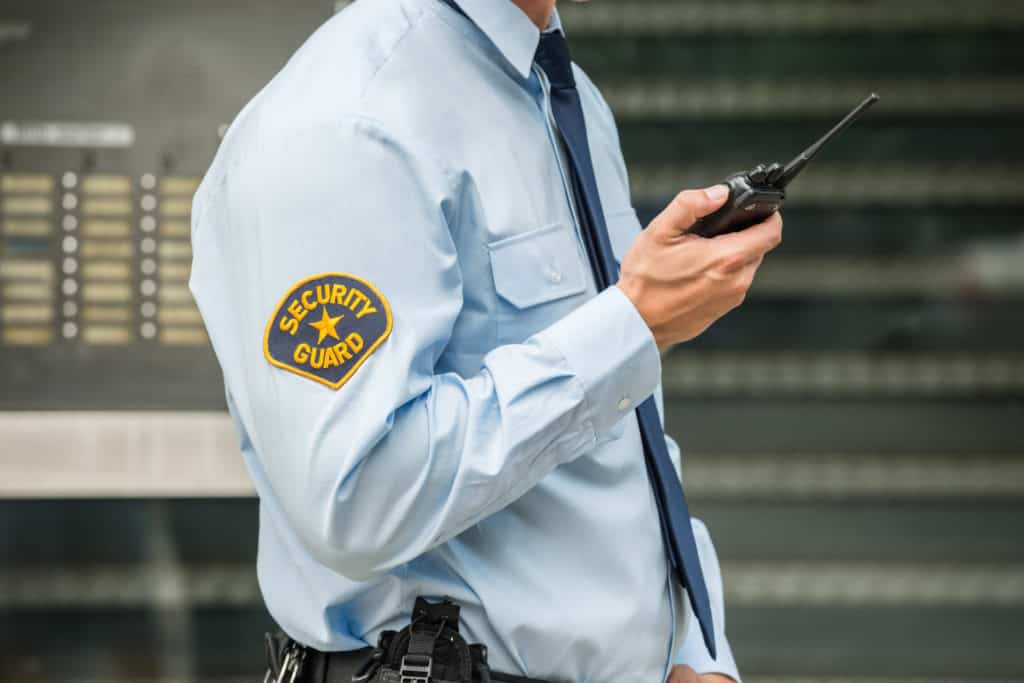
Given the rising demand for security guards in cities like New York, it’s no wonder that so many men and women now see the security industry as such a great career opportunity. At the same time, however, it’s important for prospective security guards to recognize that this is a job that comes with a great deal of responsibility. Unfortunately, many job candidates may have misconceptions about what security guards actually do on a day-to-day basis. If you’re thinking about pursuing a security guard career, it’s important to understand the duties and responsibilities that typically come with the job.
So, You Want to Be A Security Guard in New York City?
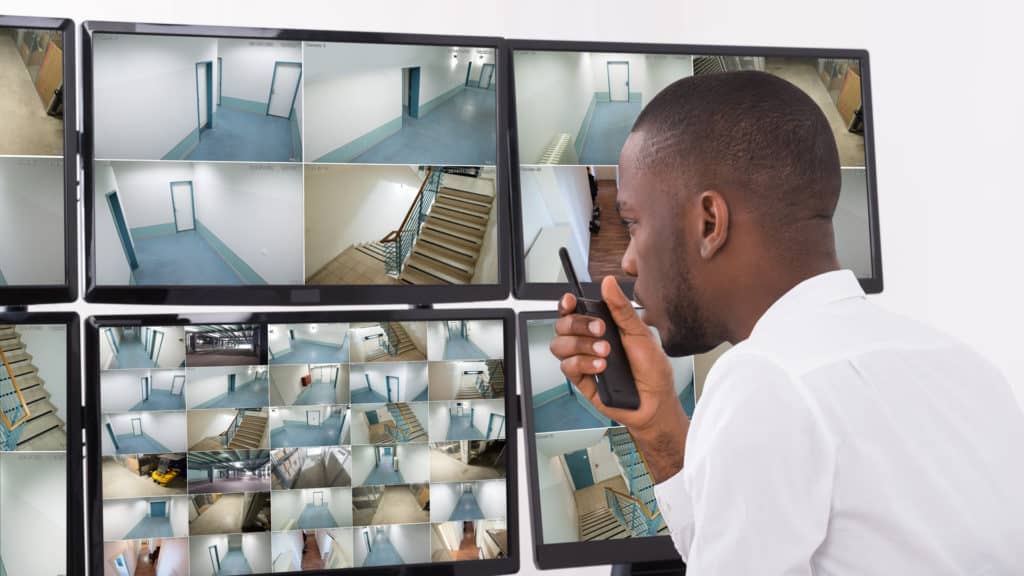
Some people are just born to defend others. We’ve all known people who just seem hard-wired to protect the people around them. They include members of the military, fire fighters, police officers, and – yes – security guards. These professionals work tirelessly to protect people, property, and other assets from any number of known and unidentified risks. Many individuals and companies have come to rely on security guards, for their deterrent impact on crime and their ability to immediately respond to incidents. If you have been considering a career as a security guard in New York City, then it’s important to understand everything that you need to do to make that dream a reality.
Hate Crimes Bring Rising Demand for Security Guards in New York City
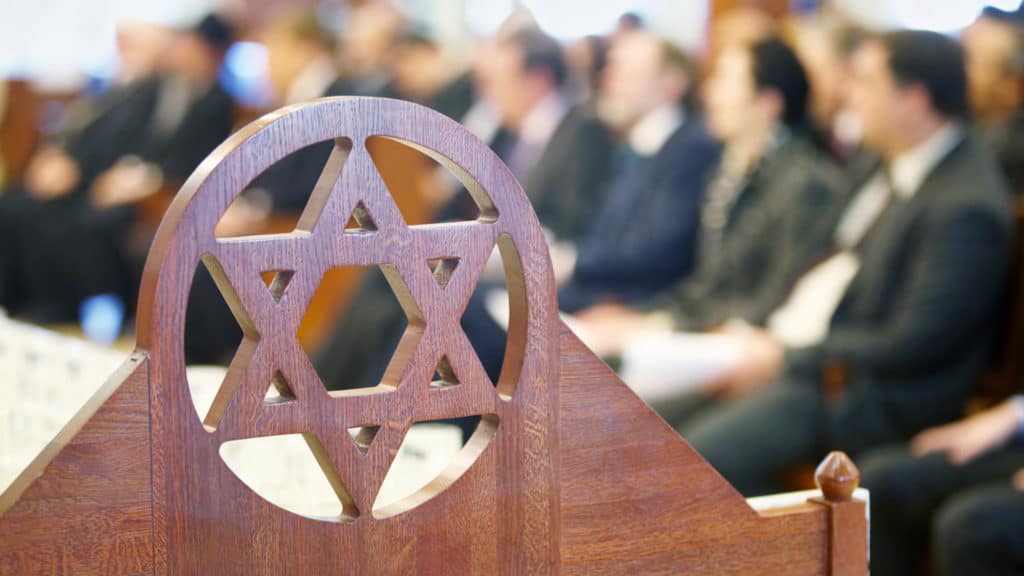
According to reports from the FBI, hate crimes are on the rise across the United States. In its Hate Crime Statistics for 2017, the Bureau cited more than 7,000 crimes that involved racial bias or hatred for the victims’ ancestry, religious affiliations, sexual orientation, ethnicity or other demographic characteristics. The victims were diverse, but so too were the offenders. The recent mass shooting at a Pittsburgh synagogue served as a reminder that antisemitism is also an increasingly visible phenomenon and has led many in New York’s Jewish community to ponder issues surrounding security for community institutions.
